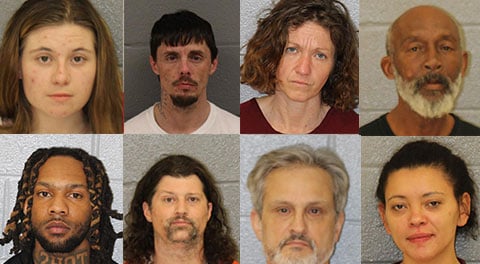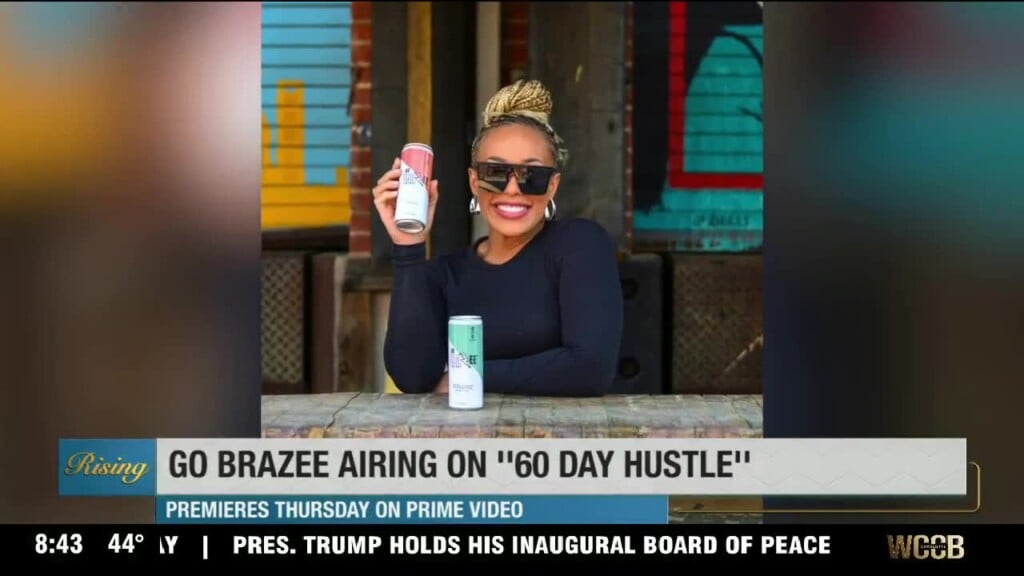Maybe she’ll stay at home for a while, and maybe she won’t. The nurse who was quarantined for a few days in New Jersey, then went home to Maine, says she doesn’t want to stay in isolation, waiting to see if she has Ebola. In fact, she says she’ll sue if the state doesn’t change its protocol by tomorrow. So who should set the protocols?
There isn’t any consistency among local, state and federal authorities. In fact, there isn’t consistency within the federal government. On Monday, the CDC updated protocols for citizens to include individual assessment and close monitoring, but no mandatory isolation. But the military is putting soldiers who go to Ebola hot-spots into mandatory 21-day quarantine, even without proof of coming into contact with Ebola victims. They go, they get quarantined. There’s the obvious difference between citizens’ rights and soldiers’ duties, but the virus doesn’t know that. So why the different procedures?
Some states, like New York, New Jersey and others, have said they’ll enforce quarantines regardless of CDC recommendations. Of course, New York is where that doctor is being treated, the one who didn’t isolate himself, rode the subway, ate out and went bowling. He is fighting an uphill battle.
And of course, local governments are also trying to handle Ebola concerns. Like here in Mecklenburg County, where up to 10 patients are following local protocols under observation, but we don’t know exactly how many, or how long they’ve been here.
We’re told they’re at home, taking their own temperature and checking in with a nurse. Which means there’s a huge difference in how various locations and officials respond to Ebola concerns. And some consistency might be in order. So Rance Adams hit the streets to ask who should determine Ebola protocols: locals, the state, the feds or the military?





